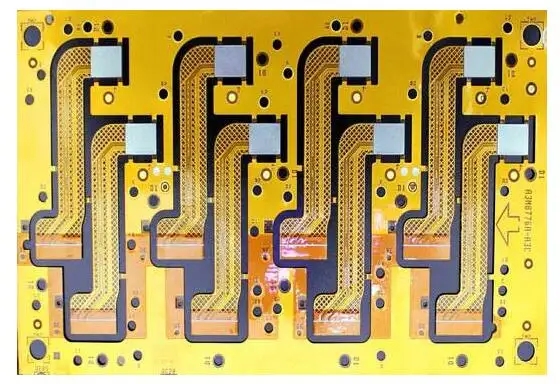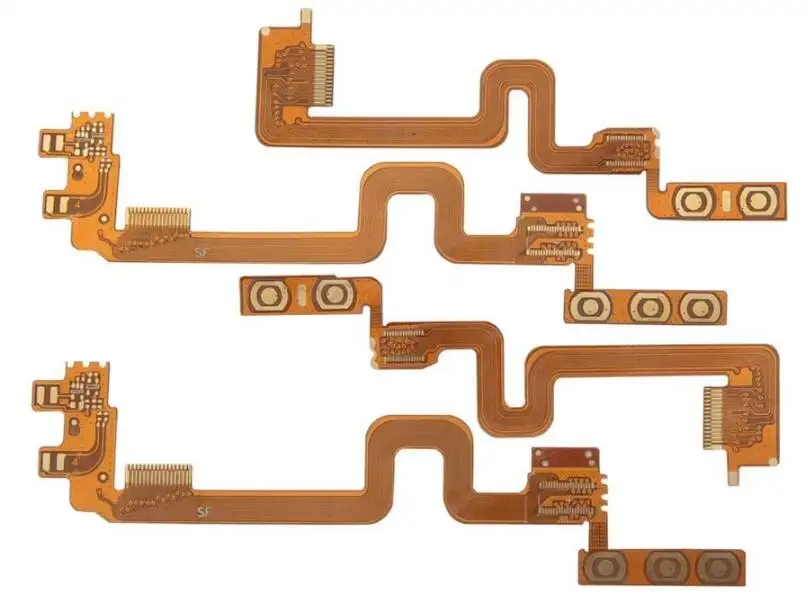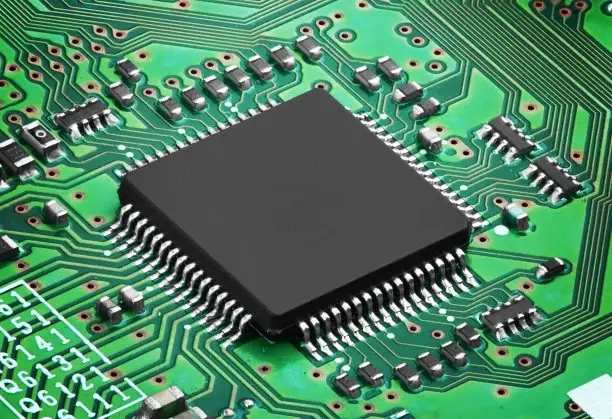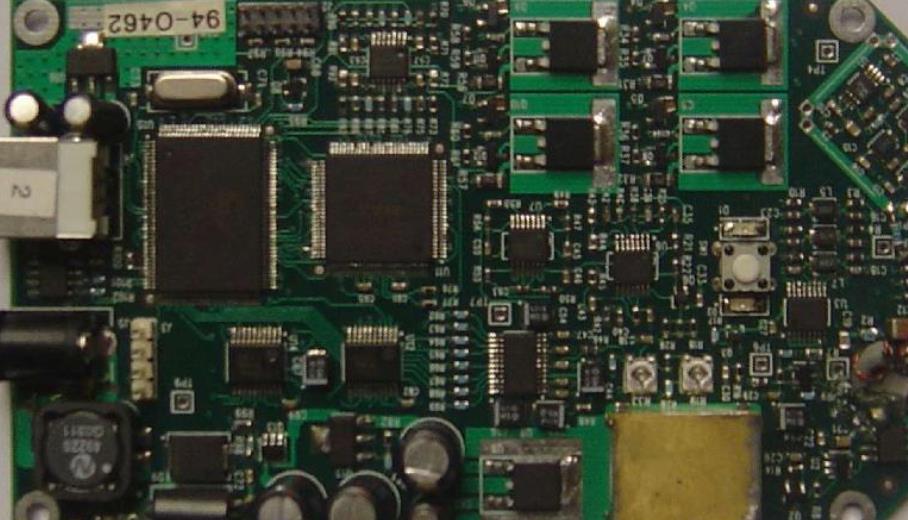
Introduction to the latest functions of Altium designer Release 10
Different from the previous scheme named by seasonal themes (such as Winter09 and Summer09), the new release version is named by a new plain numbering form. The latest Altium Designer - Release 10 will continue to insert new functions and technologies, making it easier for you to create your next generation PCBA board design. Altium's unified design architecture is known for integrating hardware, software and programmable hardware into a single applICation. It allows you to explore and develop new design ideas and ideas freely within a project or even the whole team. Everyone in the team has a unified design view of the whole design process.
In the development process of software solutions, occasionally evolving ideas will pop up in the mind. Every idea that pops up will lead the software solution to a higher level in terms of what it can do and what benefits it can bring to users. The arrival of Release 10 is another evolutionary leap for Altium Designer - it is the generational alternation and innovation of software and its functions. If you are willing to go back vertically, its scale is the design experience delivered in a single unified mode that has never been seen since the launch of DXP platform. The highlight of this leap is the collection of a large number of impressive and comprehensive new technologies, which are designed not only to help you evolve the way you manage your design information, but also to help you automatically configure the release process.

Concept>Design>Configure>Release -- Altium Designer's Release 10 provides you with a dividing line, which divides this process problem into two parts, enabling you to configure and publish your design to the product link in a more immediate and effective way. In the initial stage, a new PCB project configuration is provided_ The (PCB Project Configuration) system allows you to formally define the configuration and "variables" (assembly variables) of a PCB design project. These configurations can map the source PCB project into a product item (_Items) -- a real world bare assembly board that can be produced from it.
After defining the configuration for your design project, you will publish one or more of those configurations over time. Release 10 of Altium Designer provides a powerful, highly integrated release management system to help you answer this question. The release management system SIMplifies and standardizes the process of publishing your design projects, or more specifically, the configurations defined in those projects. Intuitive, brief and stable, the system supports formal revision sequence and standardized lifecycle modeling. More importantly, the system can be directly linked to your background version control system. A new combination of powerful pre release verification means - to ensure that all design files included in the release are current, synchronized with the corresponding file "masters" stored in your version control system, and pass all specific rule checks (ERC, DRC, etc.) - so that you can control release management at a higher level and ensure excellent release quality.
A more professional view of this system is that it can quickly visualize the structure and state of an item, provide basic tools to manipulate the lifecycle state of these items, create a new planned revision, and restore documents related to the specific revision of that item. Combined with the security of your version control system, this information provides you with full responsibility assurance - a comprehensive and comprehensive audit index allows you to see who released what when. You can also determine a point in time for any given configuration in the published design, then go back to this point and restore to this point in time, modify and republish that configuration. You have enough confidence in the correctness of all these operations.
We are very happy to bring you these inSPIrational new technologies. Together with many other new features, we have developed this release system and received many positive reactions. We believe you will also be excited!
Design data and release management
Design data management system
Altium Designer's unified platform - a unified data model to represent the designed system - has been effectively used, and has effectively solved the problem of providing higher data integrity while ensuring the growing requirements for product performance enhancement and innovation. The result is the implementation of a design data management model that allows formal definition of the link between the design world and the supply chain ultimately responsible for building the actual product. The unified data model will map the design data to the specific product items (bare assembly boards) that the supply chain will actually build.









